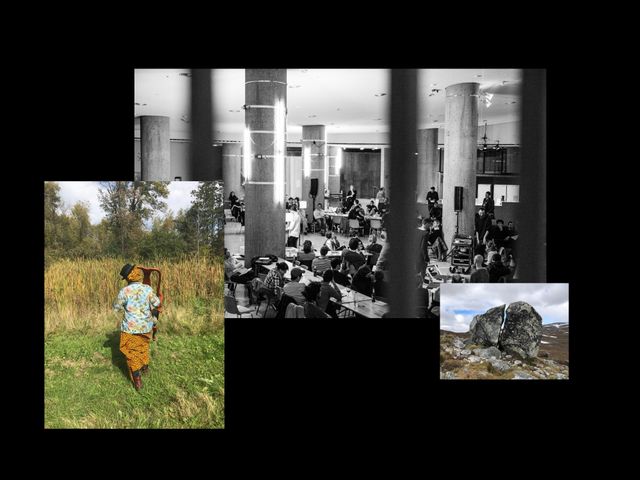Seminars
The 10 seminars that made up the Anthropocene Campus: The Technosphere Issue covered a large variety of subjects and methodologies. The seminar instructors share the belief that understanding and shaping the Anthropocene does not only call for an enlargement of knowledge but also for a rethinking of the production and dissemination of knowledge itself. Therefore each seminar was exploratory both in the questions it addressed and in the way it addressed them. An extensive documentation of the seminars can be found on the Anthropocene Curriculum Website.
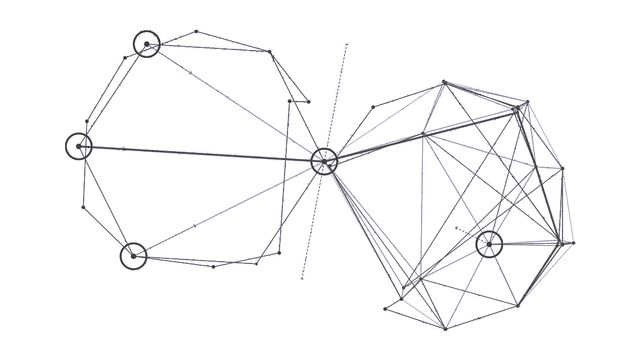
Axiomatic Earth
A seminar by Susana Caló, Adrian Lahoud and Godofredo Pereira
with Matteo Pasquinelli and Susan Schuppli
The Axiomatic Earth describes a condition in which calculation becomes a site of political struggle. Allowing multiple modes of seeing or measuring, technologies of calculation do not simply present an improved perspective of the world. Instead they present a distinct world, and thus allow the formulation of distinct problems. This seminar argued that the technosphere is harnessable to political effect: different modes of measuring open up the possibility of a different aesthetics and of a radical reformulation of the politics of inhabiting the Earth.
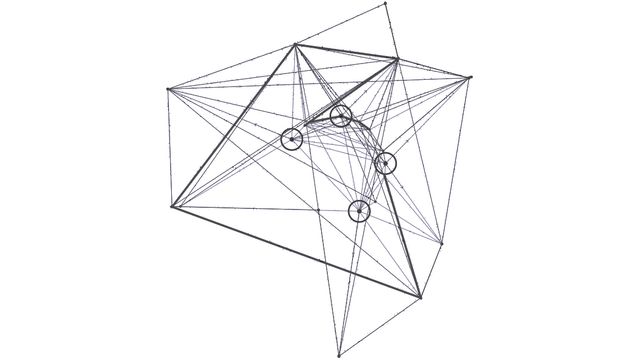
Governing the Technosphere
A seminar by Beate Geissler, Brian Holmes and Oliver Sann
with Karin Knorr Cetina, Ryan Griffis and Claire Pentecost
How is the technosphere governed? And how could it be governed otherwise? The present is characterized by an excess of self-reference. The autopoietic hypertrophy of cybernetic finance has become the archetype of global governance with disfiguring consequences on nature, industry, culture, and human beings. Drawing on philosophical concepts, literary narratives, photographic imagery, and social theory, the aim of the seminar was to make visible the traces of the global excess of self-reference in local surroundings.
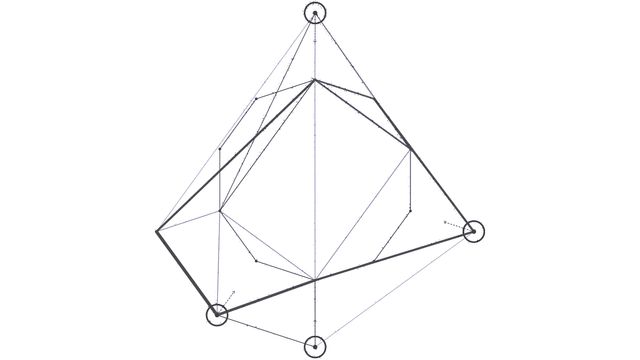
Sensing the Insensible - Aesthetics in/and/through the Anthropocene
A seminar by Jeremy Bolen, Emily Eliza Scott and Andrew Yang
with Heather Davis
Ideas of the Anthropocene have been shaped by a technospheric net of innumerable satellites, cameras, and detectors, resulting in an aesthetic regime composed of data that has been used to narrate profound changes in climate, landscape, and biodiversity over the past 400 years. But what comes after the GIS image? With a critical eye to what aesthetics in/of/through the Anthropocene might mean, this seminar explored ways in which established forms of perceiving might be transformed in the broadest sense—toward new forms of participation beyond spectatorship or mere comprehension.
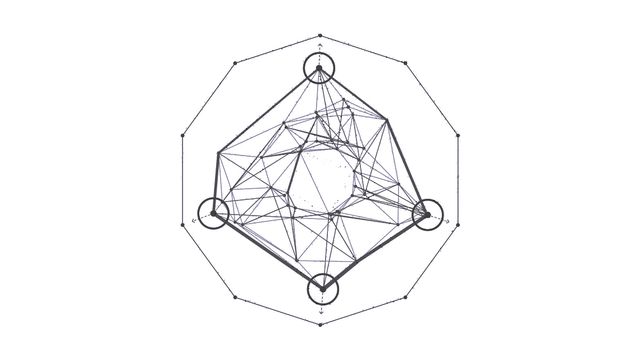
Knowing (in) the Anthropocene
A seminar by Sasha Engelmann, Zoe Lucia Lüthi, Melanie Sehgal, Janot Mendler de Suarez and Bronislaw Szerszynski
with Mark Lawrence, Franz Mauelshagen, Tomás Saraceno and Falk Schmidt
Is a different kind of technosphere possible? What forms of knowledge might a different technosphere require and engender? In order to explore such questions, the seminar took as point of departure the Aerocene: a nascent, collaborative, speculative vision of the future proposed by Berlin-based artist Tomás Saraceno. Rather than immediately moving to technoscientific “solutions” and thereby implicitly consenting to a particular vision of the future, the seminar suspended entrenched disciplinary habits of thought and speculated about the future we actively wish to create.
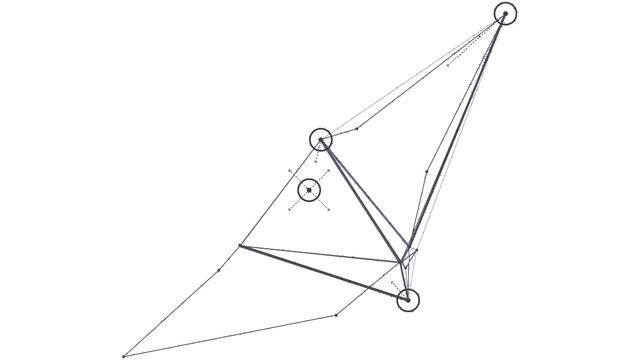
Techno-Metabolism
A seminar by Paul N. Edwards, Gabrielle Hecht and Jonas Loh
The technosphere metabolizes not only fossil and nuclear fuels, but also solar energy, through processes including photosynthesis (agriculture), wind-, and hydropower. The technosphere also metabolizes information, ingesting various kinds of data as input and producing other data as output, often in complex cycles of feedback and control. This seminar developed creative approaches to understand and visualize these interplays of energy, materials, and information in the technosphere, conceived as metabolic processes.
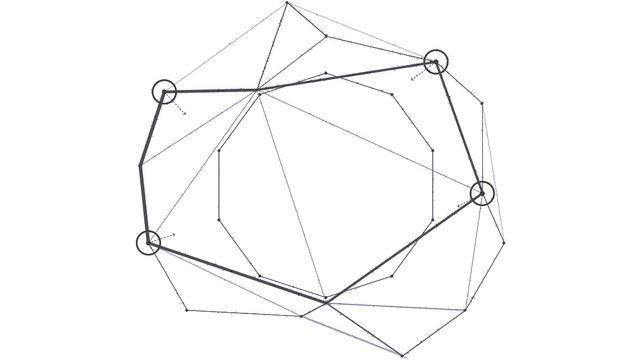
Co-Evolutionary Perspectives on the Technosphere
A seminar by Manfred Laubichler, Daniel Niles, Jürgen Renn and Masahiro Terada
with Joyeeta Gupta and Sander van der Leeuw
To better understand the present and the future of our constructed world, this seminar went far back in time to examine the evolutionary roots of the technosphere. Viewed from this co-evolutionary perspective the categorical distinctions between humans, culture, technology and nature disappear. To examine the interactive process through which the environment is continually transformed, the seminar explored the interactions between humans, plants, animals, and places that have sustained human populations for long periods, and which are still present in our world today.
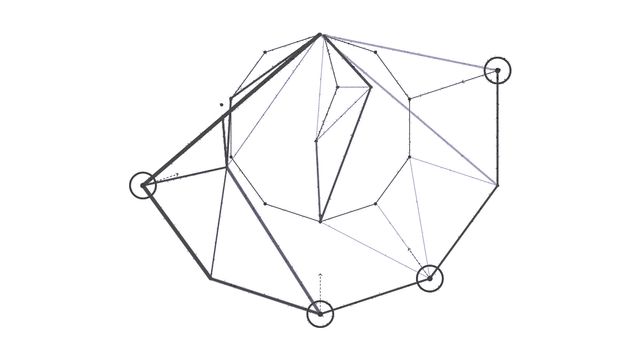
Algorithmic Intermediation and Smartness
A seminar by Bernard Geoghegan, Stéphane Grumbach, Orit Halpern, Olivier Hamant and Robert Mitchell
with Mark Hansen and Erich Hörl
Algorithms are intermediators insofar as they “decide” what is relevant for people. They satisfy users but they also optimize for other parameters, such as establishing a uniform balance between supply and demand. In the present, the catchall term “smartness” lends a morally virtuous connotation to all kinds of algorithmic intermediation between humans, technologies, and the environment. In this seminar, the increased introduction of computation in social life and the smartness discourse legitimatizing this process were critically discussed.
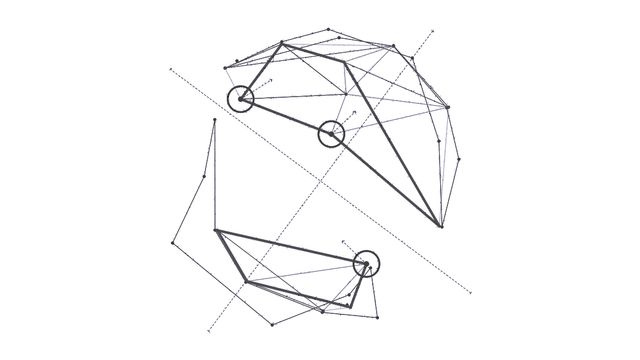
Feral Technologies - Making and Unmaking Multispecies Dumps
A seminar by Elaine Gan, Bettina Stoetzer and Anna Tsing
with Soyoung Yoon
Who inhabits and who orders the technosphere? The Anthropocene, rather than elaborating a straightforward tool for defining a human-centered geological epoch, presents a multidimensional puzzle structured around complexities and ruptures. In this seminar, the technosphere was conceptualized as an unintended muddle of relationships that emerge from contaminated landscapes, garbage heaps, and dumps. In this way the term technology is expanded to include the multi species lives that become part of human made technologies but go feral.
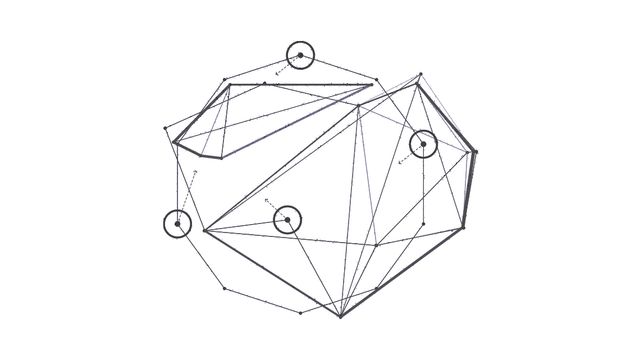
Romancing the Anthropocene - Urban Diffractions of the Technosphere
A seminar by Elena Bougleux, Herbert Lohner, Myriel Milicevic and Alexandra Toland
To underline the importance of finding narratives for an anthropocenic world is commonplace. But little light is shed on the role that actual narrative literature can play to connect the various disciplines and methodologies studying the Anthropocene and the technosphere. The tale of Peter Schemihl, the shadowless man, written in 1814 by the botanist and Romantic novelist Adelbert von Chamisso, served the seminar to study this connecting power of literature as well as making visible the anthropocenic shadows on the old industrial site of Berlin-Westhafen.

Whose? Reading the Anthropocene and the Technosphere from Africa
A seminar by Clapperton Chakanetsa Mavhunga
with Shadreck Chirikure, Gabrielle Hecht, D. A. Masolo and Chaz Maviyane-Davies
What do we see when we look at the Anthropocene and the technosphere concept from a post-colonial perspective? Does the universal claim implied in these concepts transcend the imperial mode of representation or does it actually restore the Euro- and Western-centricity? In short: How white is the Anthropocene? The seminar brought together some of the world's most renowned scholars from Africa to disrupt and pluralize the Anthropocene discourse.
